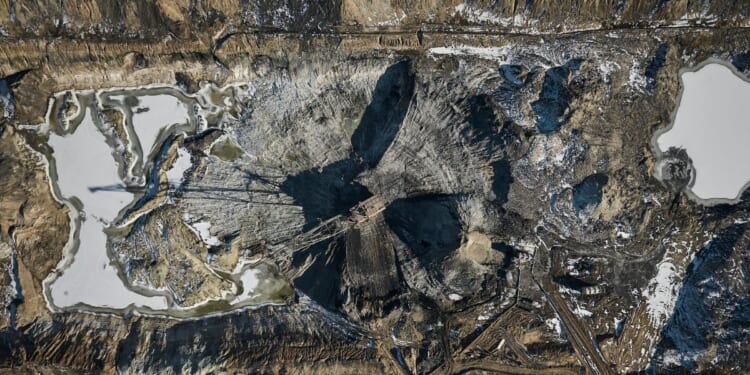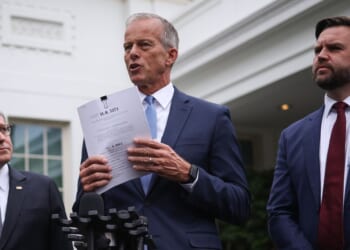Chinese officials are developing a plan that could limit the ability of American defense companies to get rare earth materials needed for fighter jets and other weapons.
The report in The Wall Street Journal noted that the plan is not final, but if approved as its sources indicated, it would allow China to export rare earth materials to non-defense companies while penalizing defense companies.
China’s goal is to appear to keep to the recent trade agreement with President Donald Trump to step up exporting of rare earth minerals while preventing America’s military from growing too strong.
The plan is called the “validated end-user” system and would adapt an American system that allows most companies to avoid the necessity of individual licenses for each export. China has yet to outline how its version of the system would work.
The Wall Street Journal report said that although Trump said limits on rare earth exports will fade away, “Beijing appears to be keeping some of the controls in place, even as it tries to ease exports for proven civilian uses.”
Prior to the recent trade agreement, defense software firm Govini estimated that more than 80,000 parts used in U.S. weapons systems require minerals that were subject to Chinese export controls, according to The Wall Street Journal.
Although the Pentagon set a 2027 deadline for companies to wean themselves away from China, not all have been able to do so.
“I can tell you … we talk about this daily, and our companies talk about it daily,” said Dak Hardwick, vice president of international affairs at the Aerospace Industries Association, a trade group.
A CNBC report said that least on paper, China is easing export controls as promised.
However, European nations are also dealing with Chinese restrictions as they try to upgrade their defenses, according to The New York Times.
Is lack of rare earth materials a problem for U.S. national security?
“Everything hangs on this,” said Joris Teer, a researcher at the EU Institute for Security Studies, the European Union’s think tank for security policy.
Teer said if nations do not get minerals from China, “There is no rearmament.”
“The end game of China, here, is to slow down the advancement of the United States, and Europe by connection,” said Benedetta Girardi, an analyst at The Hague Centre for Strategic Studies.
“If it hits the security sector of one, it also hits the security sector of the other.”
The Foundation for Defense of Democracies has said that China has weaponized its controls over much-needed materials, according to Fox News.
The group said Western nations need to unite to create a reliable flow of weapons materials.
“It is time for new guardrails, muscular statecraft, and a unified international response to non-market manipulation,” it said in a report.
“Building critical supply chains that are independent of China’s coercive economic practices can help unleash a wave of cooperation among free-market nations that will lift up both established allies and emerging market partners and turn the tide against China’s parasitic economic model.”
Advertise with The Western Journal and reach millions of highly engaged readers, while supporting our work. Advertise Today.

















